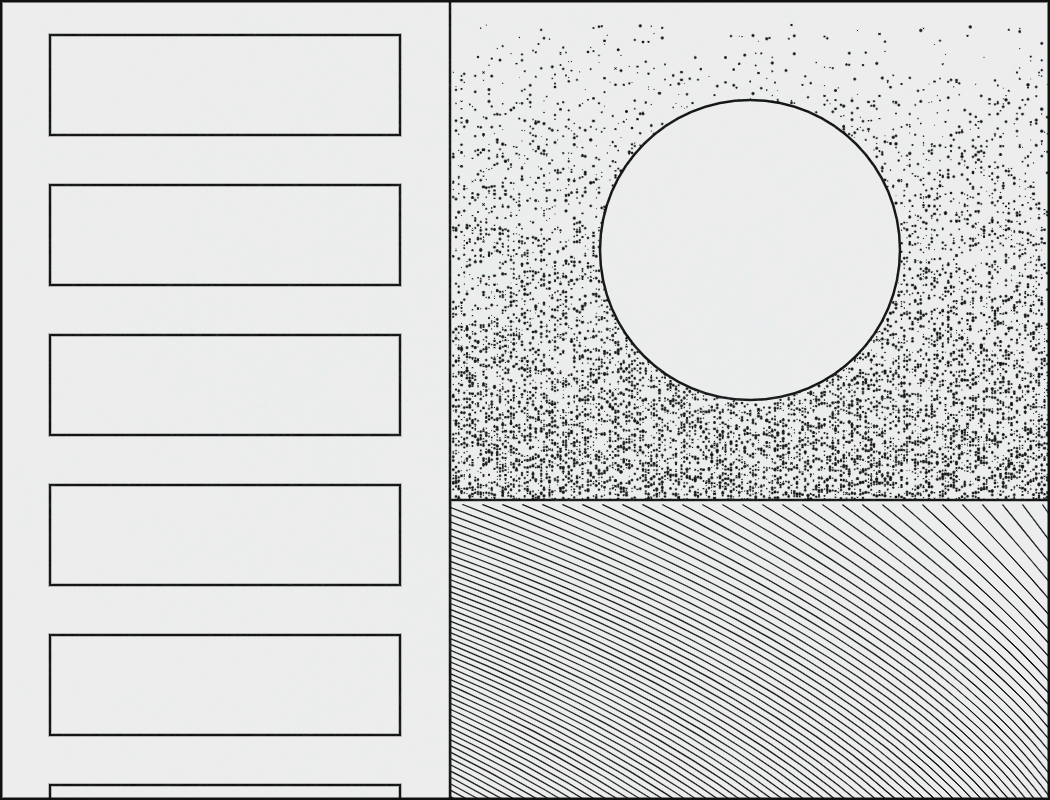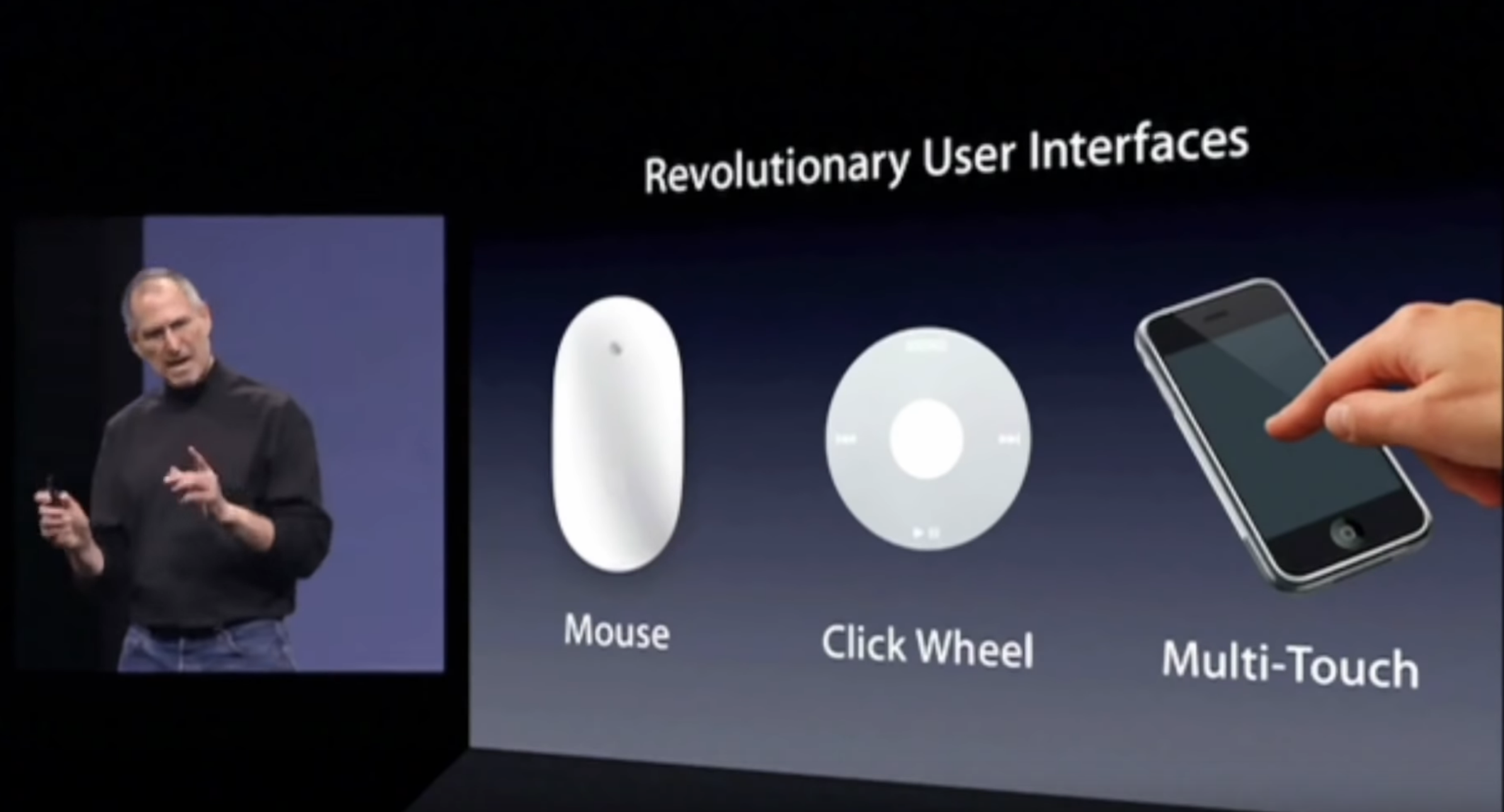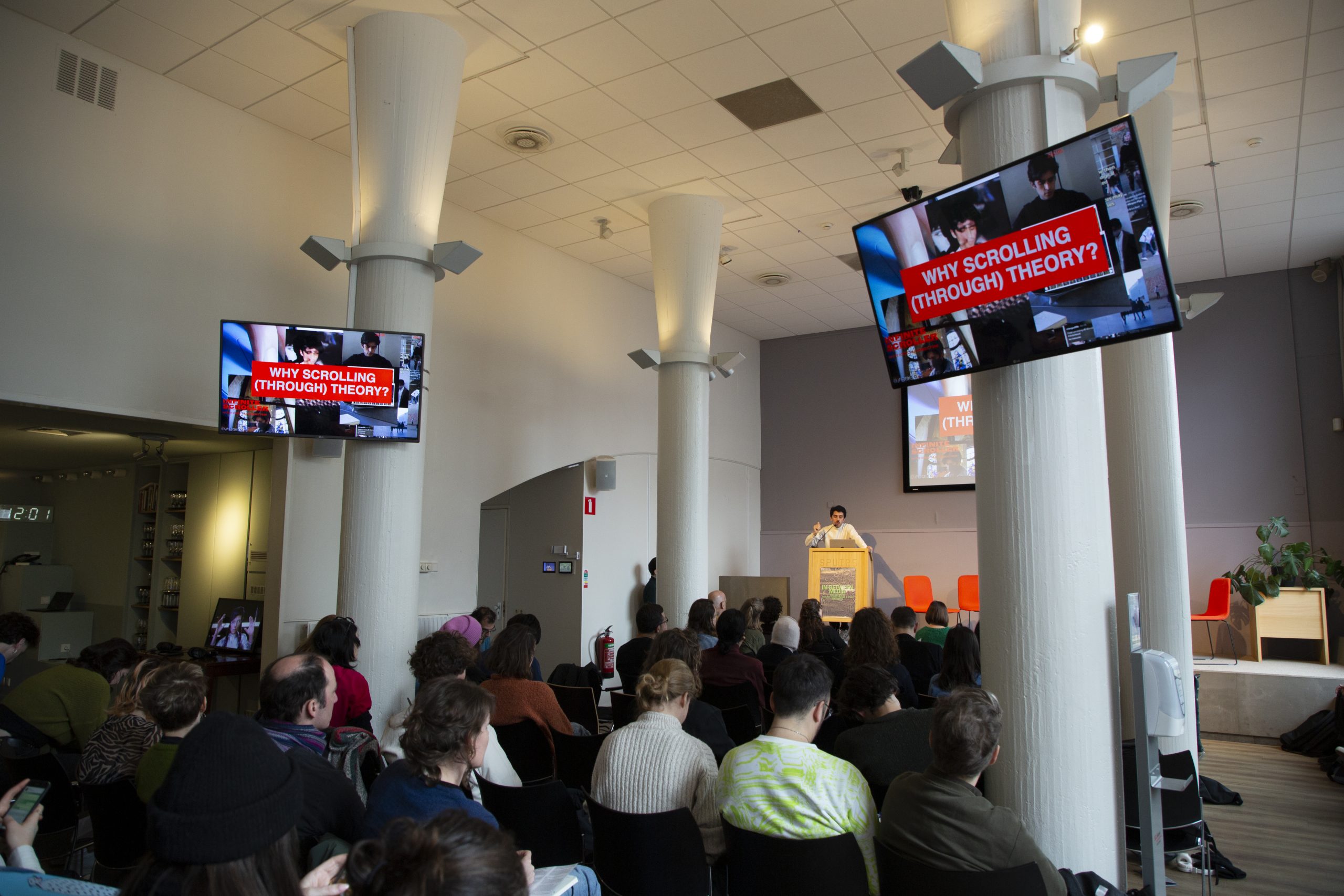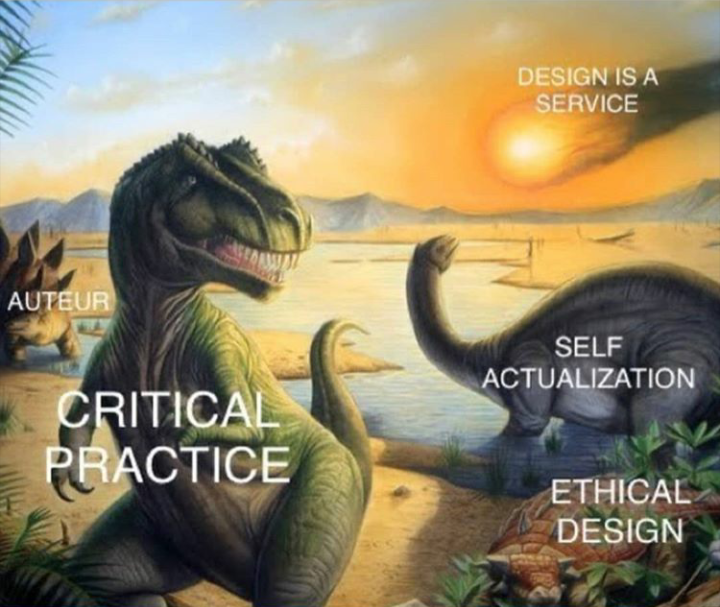I’m glad to announce that I’ve just published The User Condition, a micro-interactive essay on computer agency and behavior. The essay concludes the blog post series on this subject.
The User Condition is out!

I’m glad to announce that I’ve just published The User Condition, a micro-interactive essay on computer agency and behavior. The essay concludes the blog post series on this subject.
A general question, to start with:
What are today’s socio-technical conditions embedded in hardware and software that shape a computer user?
There are various issues that make such question too broad. The first has to with the word computer: a Roomba, a Raspberry Pi and the laptop I’m using right now are all computers. In this respect, I tried to refine the question by offloading the problem to Google Images. According to it, the computer user is one who uses either a laptop or a desktop. I think such framing is reductive as it excludes the computer device that is most used nowadays: the mobile phone. So, the computer I’m talking about is an explicitly pseudo-general purpose device (pseudo- ’cause smartphones often need jailbreaking) which can be on one’s desk, lap or pocket. Problem solved.
In a previous post I stated that one of the features of interface industrialization (and therefore of user proletarianization) is “movement without relocation”. Here I’d like to characterize a bit better what I mean this two terms, especially the latter, and how they apply to computer software.

Automated Depletion Strategy by Josh Katzenmeyer
I guess it’s unavoidable to mention the very word cybernetics, coined by Norbert Wiener in 1948, which comes from the Greek kybernḗtēs, standing for the “helmperson” of a ship. The helmperson drives or better governs the vehicle. Here, the emphasis is more on movement and trajectory than relocation. We can imagine this ship traversing a boundless sea with no island and still have a sense of this activity of governing.
Nowadays, computers can be found inside cars, fridges and watches. So, what do we envision when we think of a computer user? Google Images will provide you mostly with images of people sitting in front of a laptop or desktop computer, somehow confirming the concern that the computer, in the very moment when it becomes truly pervasive, disappears not only from sight, but also from the imagination. Here, I want to briefly argue why the most productive conception of a computer user today is that of a smartphone user.

“Computer user” search on Google Images.
I’m posting this table, as I think it fairly elegantly summarizes what I called “proletarianization” in the previous User Condition posts. The step forward I made here is to connect the level of user gestures to that of the algorithm. The table as image can be found here.
| Feature | Platform | Factory |
|---|---|---|
| repetitive, semi-automatic, “mindless” gestures | infinite scroll, swipe | assembly |
| movement without relocation | feed (the user doesn’t leave the page) | conveyor belt (the worker doesn’t leave their position) |
| externalized, opaque, inaccessible knowledge (savoir) | algorithm (arranging data into lists) | industrial know-how (arranging parts into objects) |

Apple’s “revolutionary user interfaces”
In a previous post, I hypothesized that the evolution of web user interfaces can be understood as their progressive automation which, following the paradigm of industrialization, produces in turn a proletarization of the user. In this post I propose a tentative chronology of technical inventions as well as future forecasts, formulations of trends, and public admonishments that have contributed to and engaged with such transformation. The term proletarization is inspired by French philosopher Bernard Stiegler. I do not use it in an accusatory or moralistic sense; by that I intend to simply point out that, by means of semi-automation first (infinite scroll), and full automation then (playlist, stories, etc.), the user is turned into a “hand” first and then into a machine operator, someone who supervises the machine pseudo-autonomous flow and regulates its modulations. Following Simondon, the machine replaces the tool-equipped individual (the worker).
There are four main intertwined threads in this chronology: the emergence of web apps, the invention of the infinite scroll, the appearance of syndication and aggregation, the introduction of smartphones and thus the swipe gesture.
As I’m sure I’m missing or misunderstanding some aspects of it, comments are very welcome. There is also a loong Mastodon thread about this. Let us begin.

These are some notes related to a research project I just started at KABK. It’s entitled “The User Condition” and it follows Arendt’s tripartite model of vita activa to understand user activity and behavior. The initial intuition leading to my proposal was a blogpost in which I hypothesized that the contemporary web is characterized by a sort of ersatz praxis, aka political action, that replaced the fabrication dimension of the early days: whereas users were craftpeople at first, they later became political agents (in a very broad sense). I’m posting my note to self on a single thread on Mastodon, if you feel like following my convoluted thought process. If you like what you read invite me for a seminar / lecture / workshop, so I can keep developing this, or buy my book on the Entreprecariat.
If I were to intuitively point out a fundamental paradigm shift of user activity in terms of interaction, after the advent of the “corporate web” (this expression needs some clarification), I’d say that the user was reconfigured as a “hand”, understood both as a body component and as a someone who “engages in manual labor”.

Generally, attending an INC conference means encountering a large variety of perspectives, a parade of presentation formats, and a whole bunch of diverse practices. In-Between Media was no exception. From “theory-scrolling” lecture performances (Jordi Viader Guerrero) to talk-meets-boiler room set (UKRAiNATV), from anti-clouds shamanic rituals (Lukas Engelhardt) to testimonies of visual and invisual citizen journalism (Donatella Della Ratta).
Gui Machiavelli and I didn’t really know where to publish our weird takes on videogames so we came up with our own text repository. It’s called npc.cafe because non-player characters are our friends. When I say ‘text’, I mean it: no images whatsoever, except for a bunch of emojis. It’s either read or play.
The text on Angry Birds vs Flappy Bird is quite connected to The User Condition’s posts, so if you’re into that, make sure to check it out!
[Excerpts published in Who Can Afford to Be Critical?, Afonso de Matos (ed.), Set Margins’, Eindhoven, 2022.]
[Parts of this essay are now included in the book What Design Can’t Do (Set Margins’, 2023).]

@neuroticarsehole, 2020.
GRAPHIC DESIGN IS SHIT CODING IS SHIT ALL I WANT IS REVENGE
– Sticker found in Berlin
A promise is something that is put forward. It involves intent and expectation. It is a performative speech act: an utterance that, hopefully, does what it says. A promise is fulfilled when an intended future, now become past, finally aligns with the present. That’s when the speech act meets its condition of felicity.
What kind of promise (from now on simply “the Promise”) does design education involve? Does that relate to the present of education or to the future of work? What are the forces that shape it? How is it fulfilled and by whom? Who has the authority to sanction its fulfillment? Let us consider educational promises in general. First, they are not unilateral but reciprocal. It is not just the promisor, namely the school organization, in cooperation with or in opposition to the market and society, that is supposed to fulfill it (“We’ll give you knowledge, skills and a space to develop them”), but the individual promisee as well, the student, as they guarantee effort and participation (“I’ll make it worthwhile”).